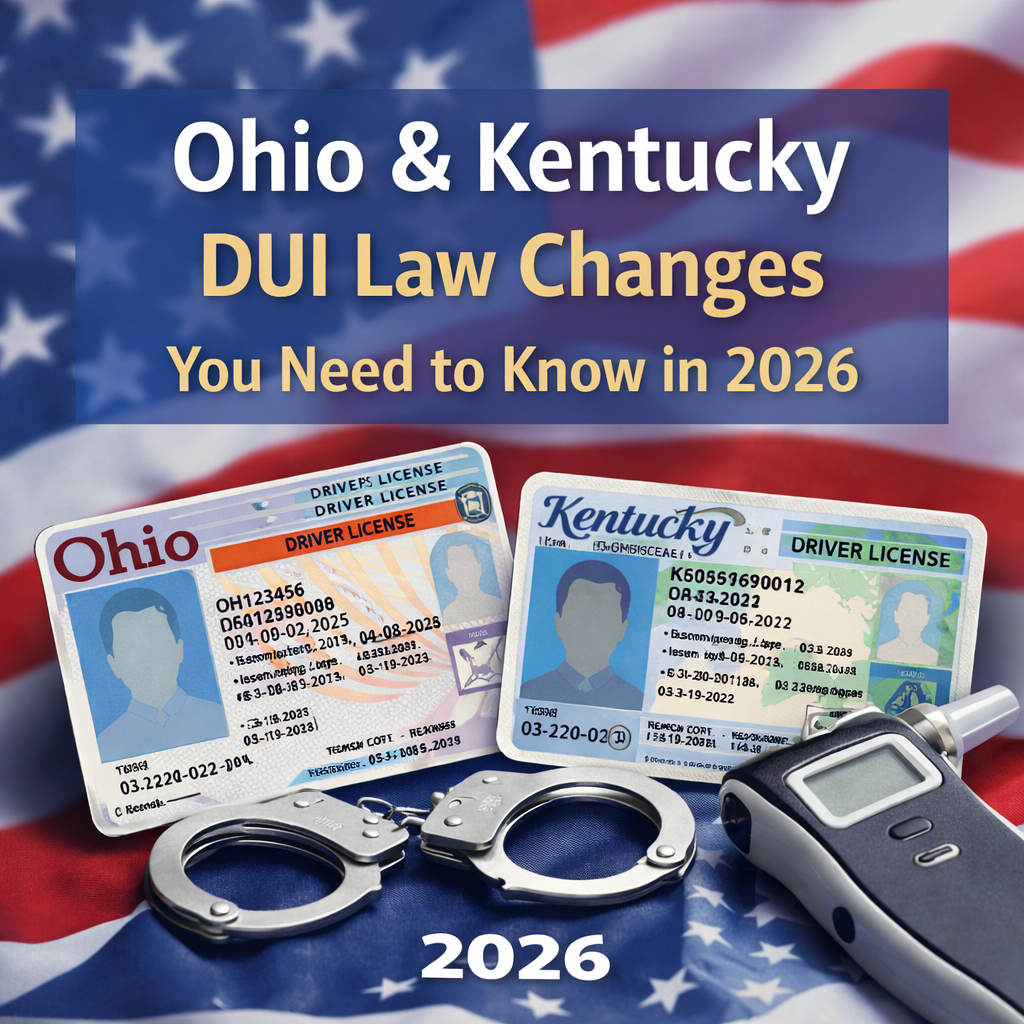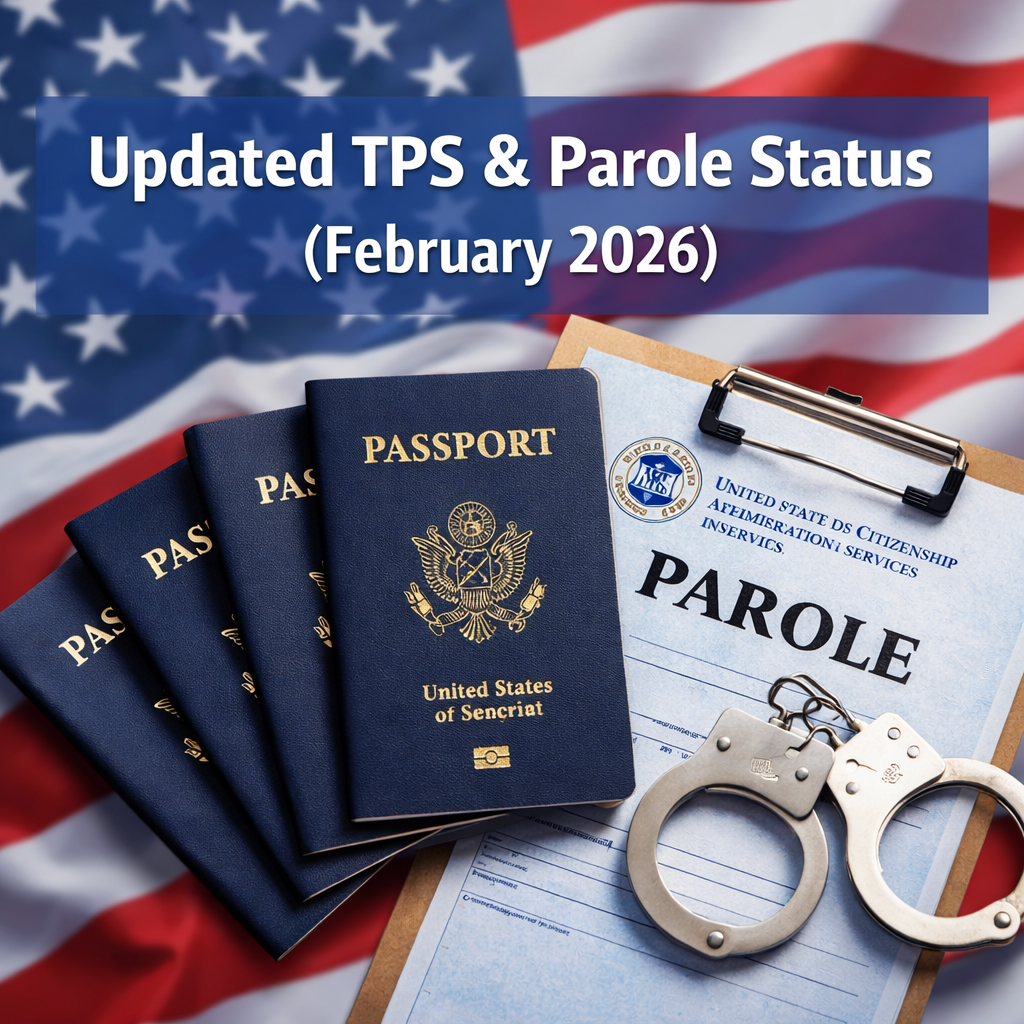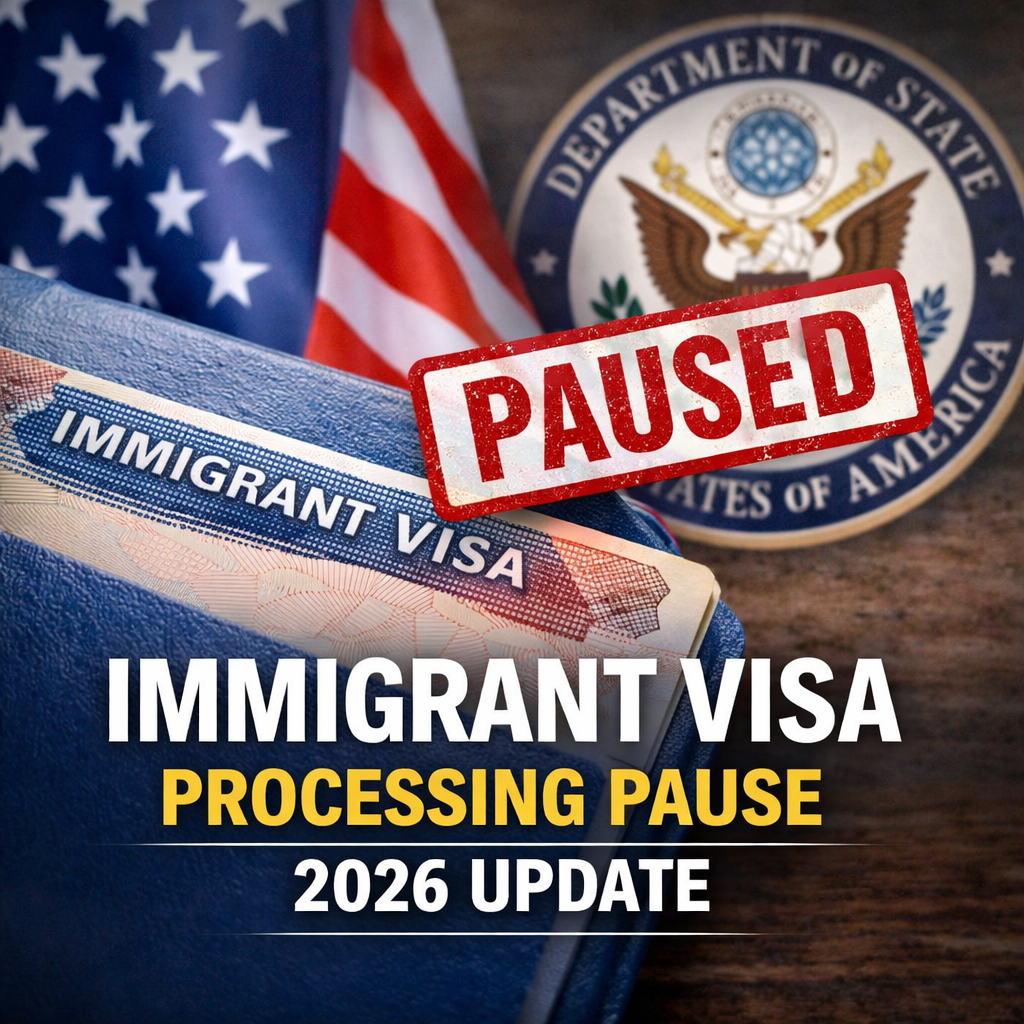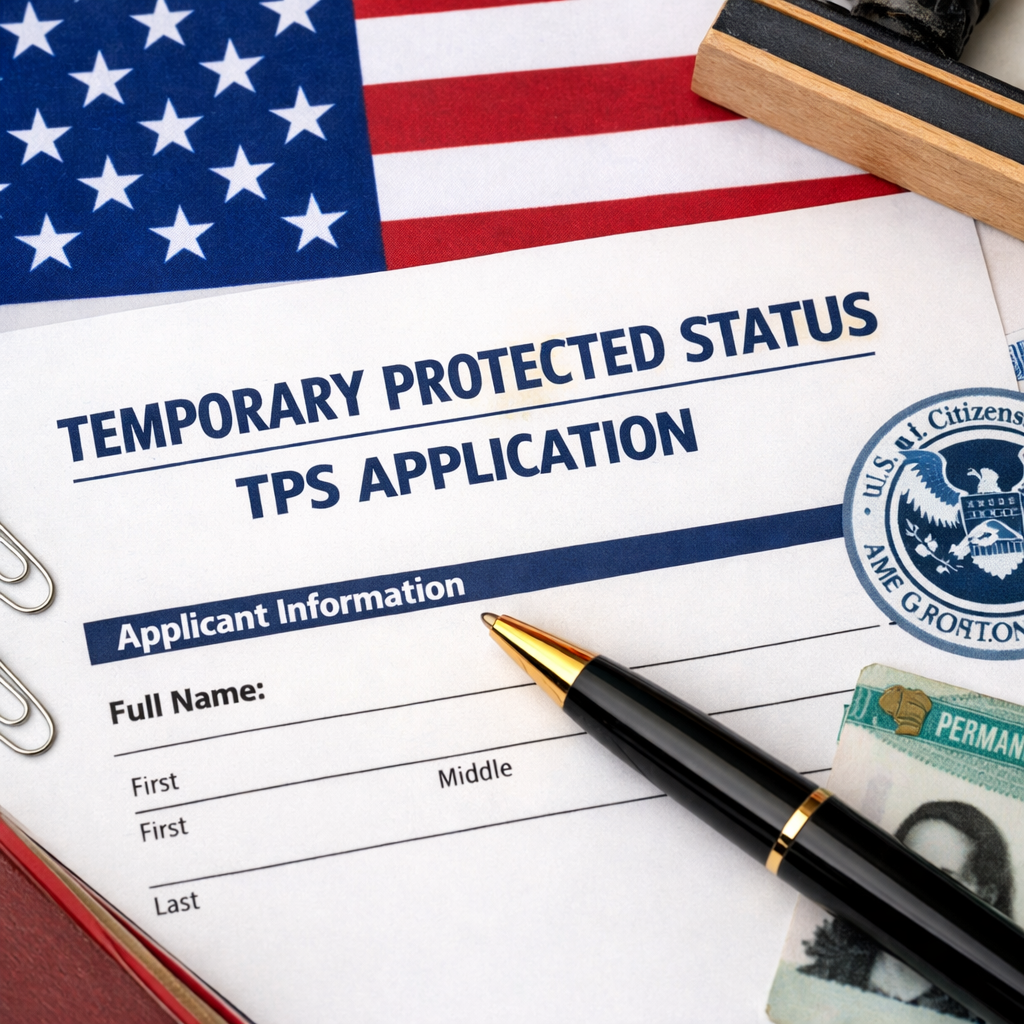The cases at issue — known as Matter of A.B. and Matter of L.E.A. — were both decided by attorneys general during the Trump administration. Under these decisions, the rules around who qualifies for asylum have been largely returned to where they were before former President Donald Trump took office.
Trump frequently referred to asylum as a “scam,” and his administration took steps to limit asylum protections for migrants arriving at the southern border.
“The asylum system is being abused to the detriment of the rule of law,” then-Attorney General Jeff Sessions said in a 2018 speech, arguing there are some social ills the U.S. just can’t fix.
“Asylum was never meant to alleviate all problems — even all serious problems — that people face every day all over the world,” Sessions said.
The legal argument over who should qualify for asylum hinges on the meaning of three words: “particular social group.”
Asylum-seekers must show that they face a well-founded fear of persecution based on at least one of five protected grounds: race, religion, nationality, political opinion or membership in particular social group. But the precise meaning of that last category has been fiercely debated.
Sessions decided in 2018 that survivors of domestic and gang violence generally do not qualify as a “particular social group.” But immigrant advocates say that interpretation took U.S. law backwards. They argue many women are still suffering persecution in countries where the police won’t protect them from violent partners, and that they should have a chance to make their asylum claims under U.S. laws.
In vacating these decisions, the Attorney General condemned “broad” rulings that “presume” all claims of a certain kind — and particularly gender-based claims—lack merit and instead encouraged individualized case by case adjudication in line with U.S. law.
In the coming months, we look forward to the promulgation of a regulation that interprets the definition of a “particular social group” in a way that meaningfully protects those forced to flee persecution and is alignment with international human rights standards.
For more questions or if you’d like to schedule a consultation, call (513) 334-3008. También hablamos Español.




